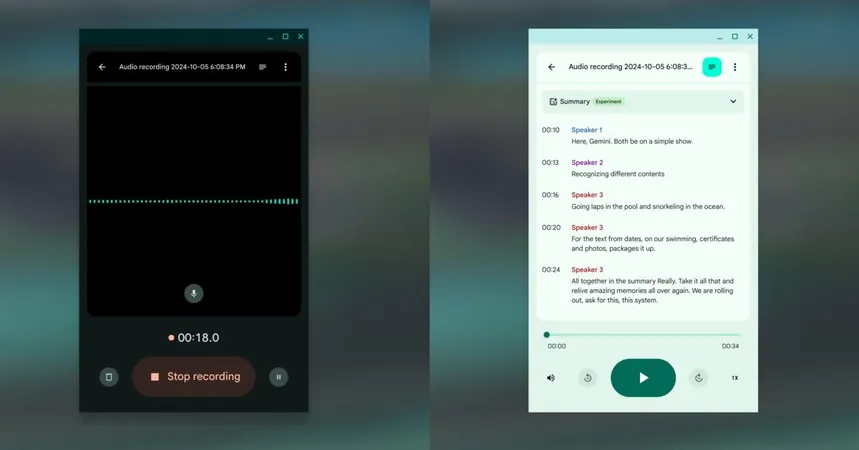
The Shocking Gender Gap in Pain Treatment: Women's Stories Highlight Systematic Bias
2024-10-01
Overview of the Issue
In a viral discussion on social media, women are coming forward to share their alarming experiences of being denied appropriate pain management compared to their male counterparts. These revelations are igniting a much-needed conversation about the pervasive issue of medical bias against women.
Research Findings
Recent studies underscore this troubling trend. According to research published by the National Library of Medicine, women seeking treatment for acute abdominal pain in emergency rooms are 25% less likely than men to receive opioid painkillers. Another significant study revealed that when middle-aged women presented with chest pain—symptoms typically associated with heart disease—they were twice as likely to be diagnosed with mental health issues compared to men with identical symptoms.
A Viral Story
The conversation was sparked by a story shared on Mastodon, where a user narrated the experience of a woman who underwent a root canal on the same day as her husband. Despite the couple being treated by the same dentist, the husband was prescribed Percocet for pain relief, while his wife was given mere ibuprofen—highlighting a stark disparity in treatment based solely on gender.
Social Media Impact
The post gained massive traction on Twitter, racking up over 4.5 million views, leading many women to step forward with their own similar encounters. A number of women reported receiving only Tylenol after wisdom teeth removal, while others were denied pain medication altogether for procedures that necessitated it. One woman recounted being told by her male physician that pain relief wasn’t “required” following a cervical biopsy, a procedure that involves the removal of tissue for testing—certainly not a trivial process.
Additional Testimonies
Additional testimonies emerged, including one from a woman who experienced considerable pain during breast surgery. When she expressed discomfort, her doctor dismissed her concerns, laughing off her pain as mere "pressure" and labeling it as a figment of her imagination. Another chilling account involved a woman whose epidural was “forgotten” by her doctor during labor—a harrowing oversight that could have been avoided with vigilant care.
The Importance of Self-Advocacy
The conversation around these distressing experiences brings to light the critical importance of self-advocacy in healthcare. It raises questions about how many women have silently suffered due to dismissive attitudes within the medical community—attitudes that often lead to inadequate care and misdiagnosis.
Call to Action
As this dialogue continues to unfold, it’s crucial for both patients and healthcare professionals to recognize and combat gender biases in medical treatment. Women deserve to be taken seriously when expressing pain, and the healthcare system must evolve to provide equitable treatment for all patients, regardless of gender.
Join the Conversation
Have you ever felt that your pain was dismissed by a healthcare professional? Join the conversation and share your experiences as we push for change in the medical field.




 Brasil (PT)
Brasil (PT)
 Canada (EN)
Canada (EN)
 Chile (ES)
Chile (ES)
 España (ES)
España (ES)
 France (FR)
France (FR)
 Hong Kong (EN)
Hong Kong (EN)
 Italia (IT)
Italia (IT)
 日本 (JA)
日本 (JA)
 Magyarország (HU)
Magyarország (HU)
 Norge (NO)
Norge (NO)
 Polska (PL)
Polska (PL)
 Schweiz (DE)
Schweiz (DE)
 Singapore (EN)
Singapore (EN)
 Sverige (SV)
Sverige (SV)
 Suomi (FI)
Suomi (FI)
 Türkiye (TR)
Türkiye (TR)